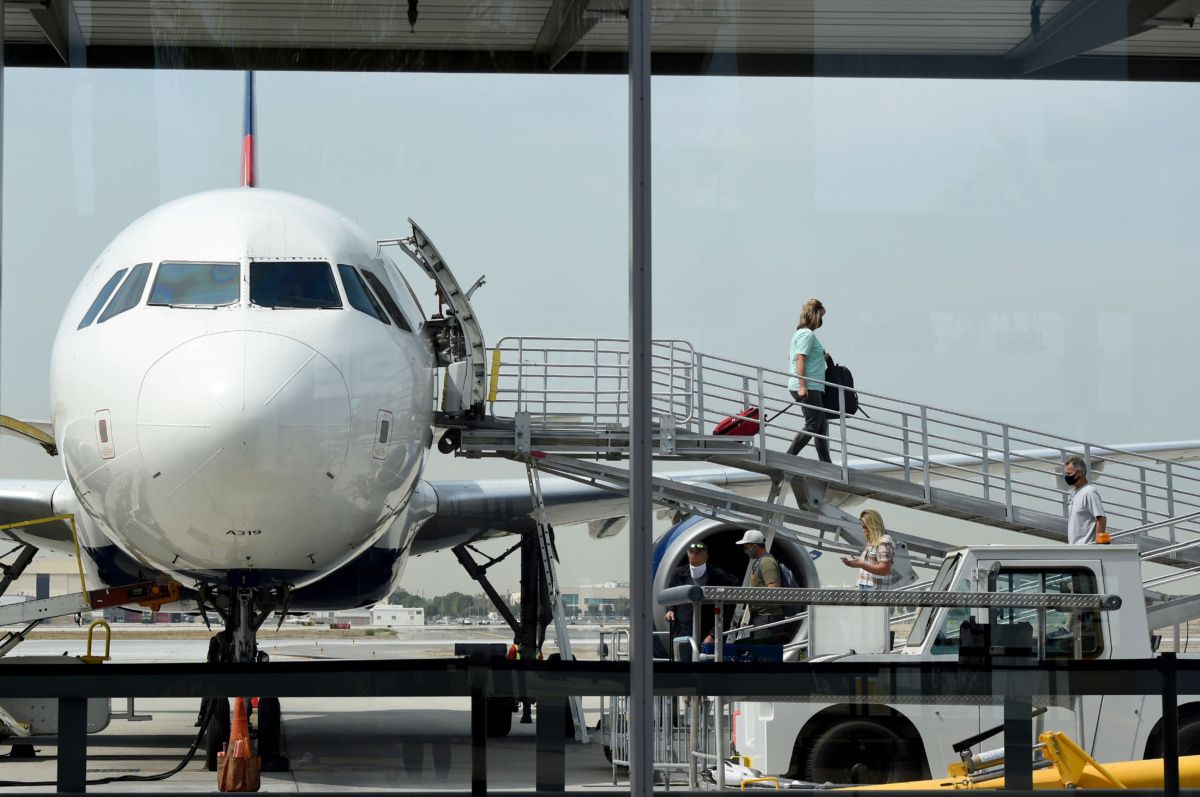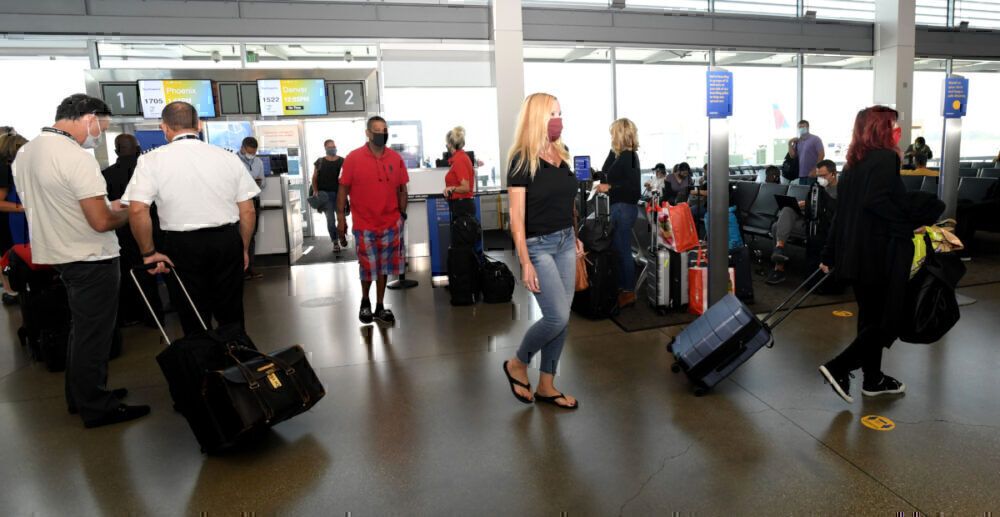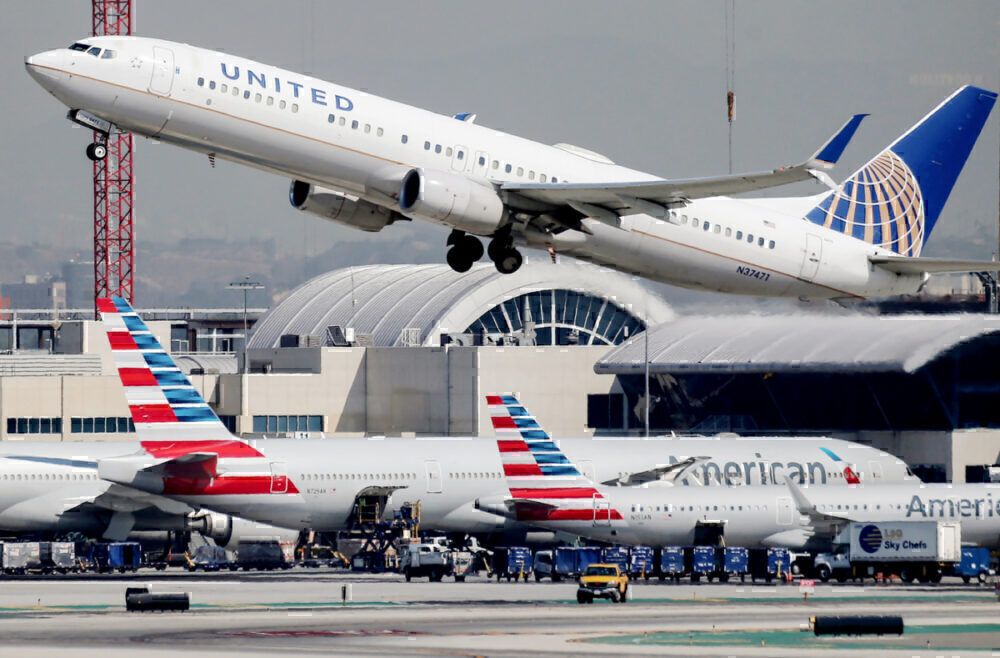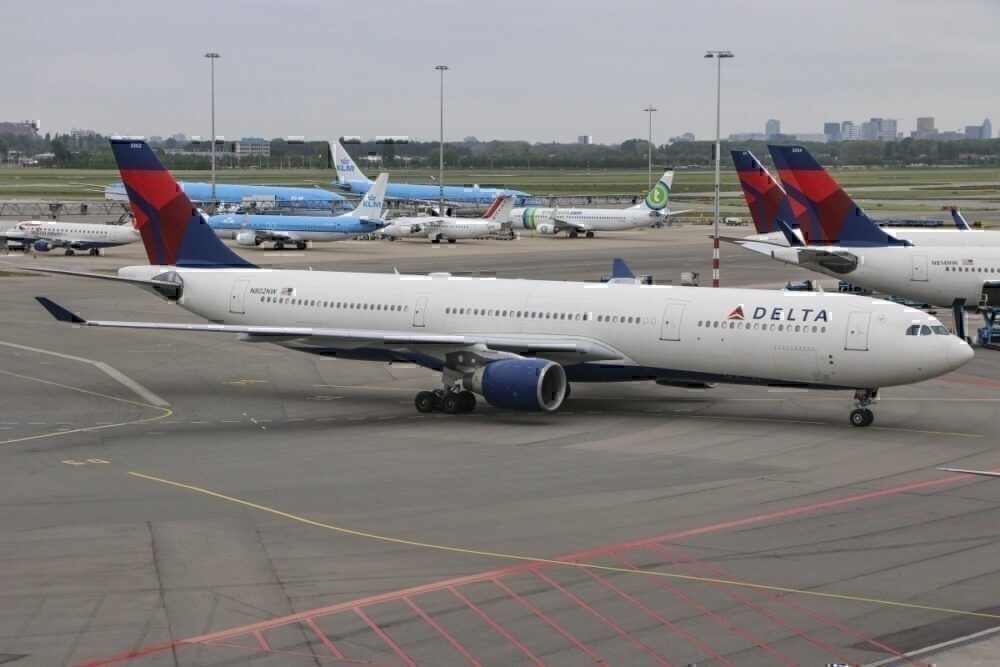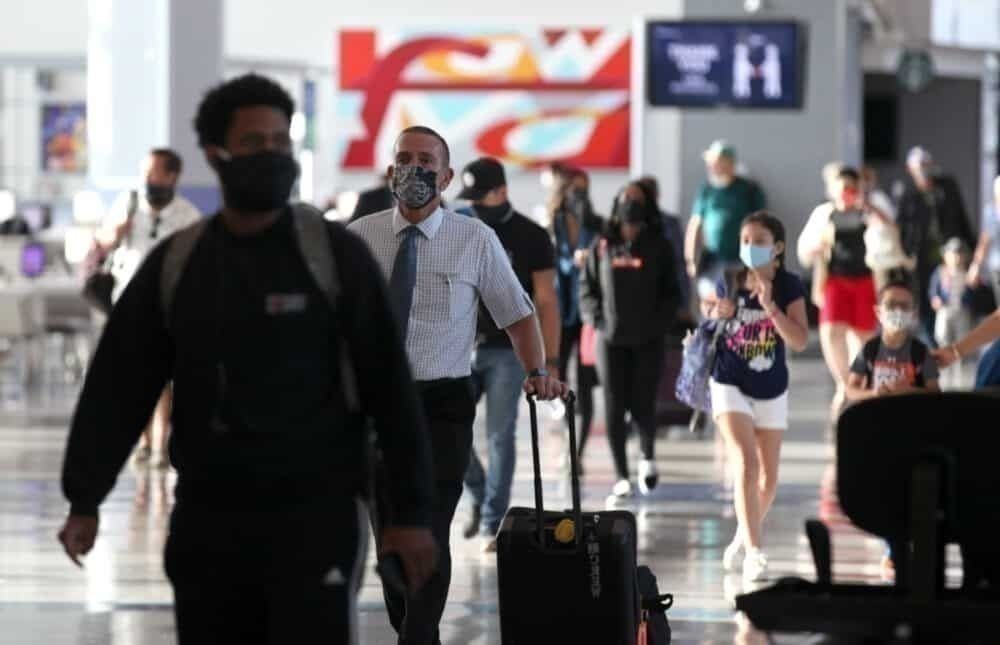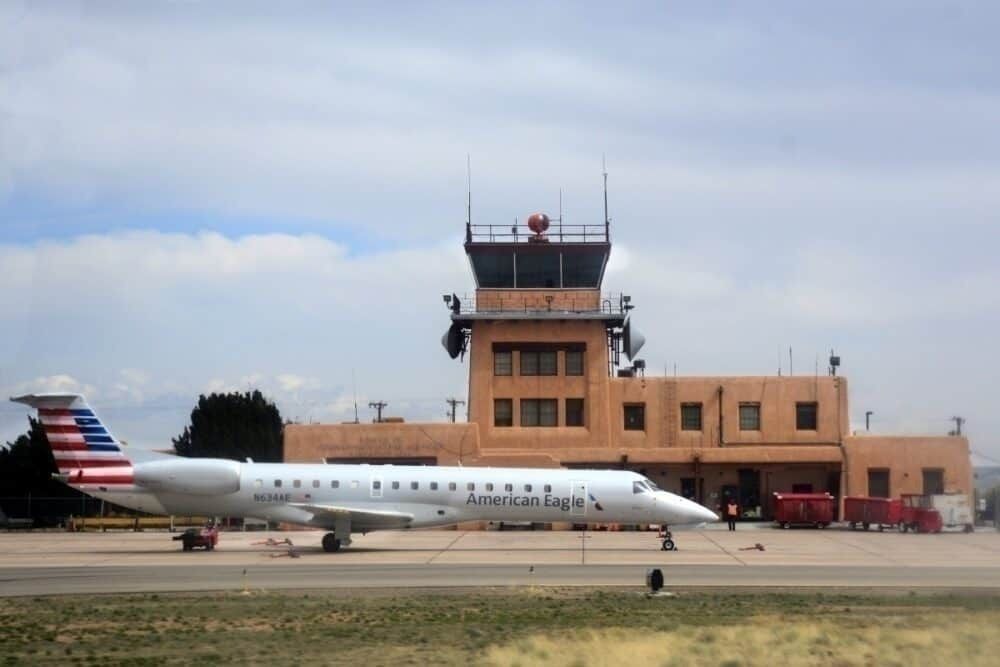October 8th saw over 936,000 people take to the skies. Though still far below the 2.6 million that flew on the same weekday last year, this number was the highest it has been since the Labor Day holiday and the best non-major holiday traveler count since mid-March.
The recovery continues
Passenger counts have routinely been above 500,000 each day since July, with the weekends and days leading up to them outperforming Tuesdays and Wednesdays. On Thursday, October 8th, 936,915 people took to the skies in the United States. This was the best single-day count in October thus far and was just under Labor Day Friday's high of 968,000 travelers.
Monday, October 12th, is not a nationwide holiday, but some people still get the day off. Depending on where you live, the day is recognized as Indigenous Peoples' Day or Columbus Day. Not everyone gets the day off, but for those who do, it is a nice three-day weekend. That may help explain why there are some more travelers than usual getting on planes, though there is also a steady level of passengers traveling as is with little fluctuation from week-to-week.
Whether or not the industry crosses a million, however, is unclear. Airlines have been pulling back already reduced schedules further for the Thanksgiving holiday amid suppressed bookings. Nonetheless, that does not necessarily mean that people will not be traveling. All airlines have mentioned that there is a decent amount of close-in leisure booking, so we will likely not know what is happening with Thanksgiving travel until the week of (or before) the holiday.
Since traffic bottomed out in April, the industry has started its recovery. In fact, Thursday's number is more than ten times that of the worst day on record in 2020, April 14th, on which only 87,000 passengers entered security checkpoints in the United States. All in all, the industry is still in the 35-40% recovery range.
What still needs to happen for the industry to recover?
One of the most significant barriers to further travel are quarantines and travel restrictions. Some states, such as New York, require people coming in from select states and territories to quarantine on arrival. Others, like Hawaii, are currently closed off but are planning on reopening soon with testing mandates pre-travel.
One of the biggest barriers, however, is the closure of international transatlantic travel to Europe. The US to Europe air corridor is one of the biggest markets for airlines on both sides of the pond. Many large businesses, ranging from car manufacturers to banks to investment companies to research and more, require travel between North America and Europe.
Though currently close, both sides of the pond recognize that this barrier will need to reopen at some point – likely with a testing requirement (which airlines have been pushing for, and most have started offering themselves through a partnership) to reignite business and leisure travel. However, both will likely be depressed for a while to come still.
A vaccine is something the industry is hoping would jumpstart the return of travel. However, there are still a lot of obstacles there. For one, a vaccine has not been widely approved for use, nor brought to market yet that people can take. It is also unclear how many people would shun a vaccine.
Misinformation, skepticism, and lack of access to a place to receive a vaccine have thus far emerged as the most significant barriers that could impede a large majority of people from getting a vaccine and thus leading to the widespread resumption of travel.
What about more government support?
At this point, in the United States, aside from the possibility of billions of loans for select carriers like American and United, the government is not providing carriers any further economic support – hence why thousands of people were furloughed a week ago.
There have been talks for additional support, which the industry heavily lobbied for, but it has not been finalized yet, and it is unclear if it will even be happening. As such, airlines are preparing for a future without government support. Some of that future, unfortunately, may mean airlines have to drop small cities from their networks or other routes where demand has all but evaporated.
Even though the recovery has continued, airlines are still bleeding cash and will be for at least the next few months. Few major airlines, if any, are expected to become cash positive by the end of the year, and all are expected to turn a massive loss this year, compared to record profits the last few years.
Do you think the US will see a million passengers in a day this weekend? Are you planning on traveling in the coming months? Let us know in the comments!

